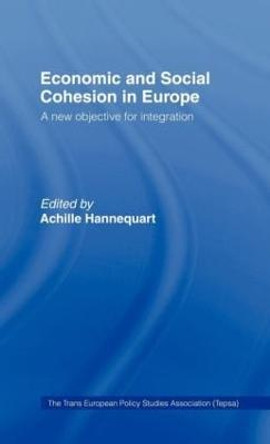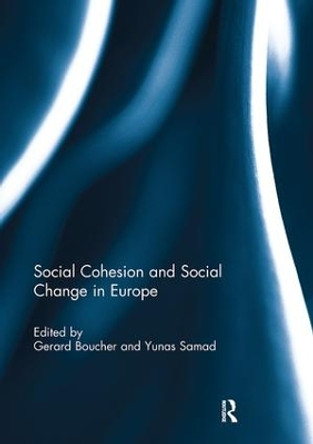Description
About the Author
Michael Johns is vice dean of humanities and social sciences and associate professor of political science at Laurentian University-Barrie.
Reviews
Johns deals with migration into and within the European Community and its economic and social consequences. After summarizing the phases of European integration, he discusses the challenges of immigration to European society. He distinguishes between indigenous and 'new' minorities, and between 'internal' and external immigrants, the former coming from member countries of the EU, and the latter from elsewhere. This mixture presents a challenge to 'social cohesion,' which is defined as an approach to bringing these communities together to face common problems. Much of the discussion is focused on the internal immigrants, who have benefited from the freedom of movement provided by the Schengen Agreement and from the fact that they possess rights as European citizens. These minorities include not only immigrants but indigenous ethnic communities, among them autonomist separatists, who are regarded as 'new minorities.' Much attention is devoted to Polish immigrants, including the proverbial 'Polish plumbers,' who compete for jobs with indigenous workers, and to the Roma, who are often subjected to mistreatment. The book discusses a number of issues associated with the presence of these minorities, such as discrimination, xenophobia, and the growth of anti-immigrant extreme-right movements. Summing Up: Recommended. Graduate, research, and professional collections. * CHOICE *
This is a magisterial study of the challenges of intra-European migration from Eastern to Western Europe since 2004. The EU guarantees free movement and nondiscrimination for the migrants but has no mechanisms for ensuring these outcomes. The threat to social cohesion is as great as that posed by the EU's economic crisis, yet it is far less recognized. The problems faced by the hundreds of thousands of Poles now working in the UK and Ireland are illustrative. Three options are proposed for remedial EU and national policies. -- Ted Robert Gurr, University of Maryland
European Union member-states are host to eleven million migrants who are neither refugees, economic immigrants, nor national minorities. These intra-EU migrants moving in large numbers from east to west appear to enjoy the legal protections and rights accrued by the nationals of a country, but not always do they develop a sense of belonging; this is partly their own choice but more often is a result of surrounding hostility in receiving societies. Michael Johns' timely book offers an informed, reasoned, structured, and sustained reflection on EU citizens who take advantage of the right to free movement, and on the subtle limitations of this that emerge at a time of crisis. Johns' judicious assessment never loses sight of the key imperative facing European states-social cohesion matters. -- Ray Taras, Tulane University
This book demonstrates that free movement within Europe creates a new type of minority group that bridges the traditional categories of national minority and international migrant. Pairing historical and conceptual study with an empirical focus on Polish migrants in Britain, Johns convincingly argues that the EU should better protect intra-EU migrants because the Union's future success depends on fostering social cohesion. -- Willem Maas, York University
Book Information
ISBN 9780739149485
Author Michael Johns
Format Hardback
Page Count 178
Imprint Lexington Books
Publisher Lexington Books
Weight(grams) 399g
Dimensions(mm) 235mm * 156mm * 19mm







